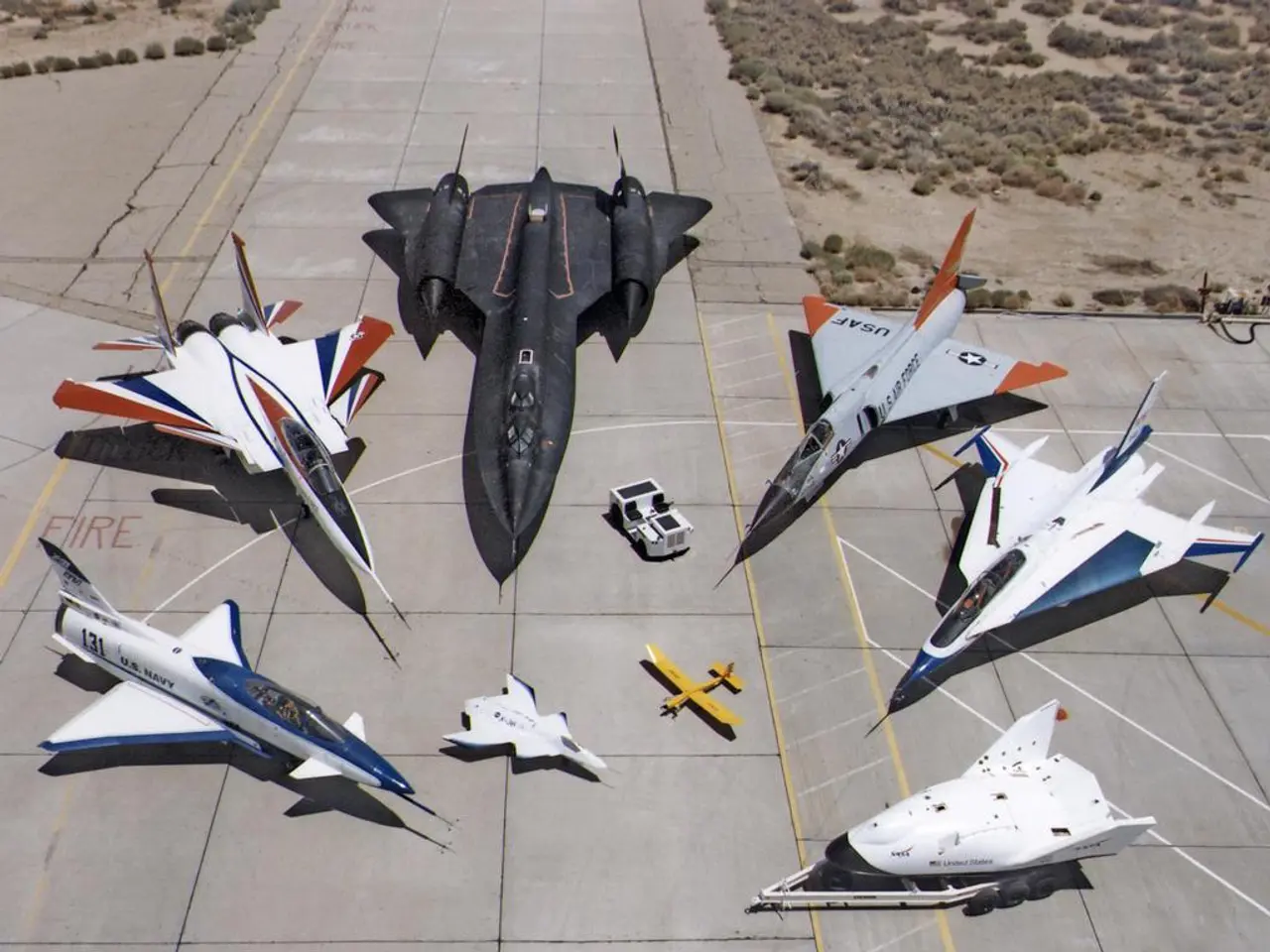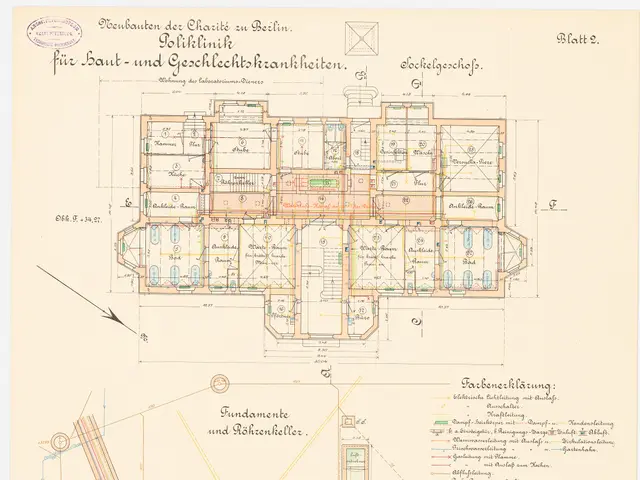Boeing's division responsible for the Trump fighter jet project prepares for a labor action following union's rejection of contract proposal.
The F-47, officially designated as the U.S. Air Force's next-generation air superiority fighter by President Donald Trump in March, is at the heart of a significant disruption due to an ongoing labor dispute between Boeing and over 3,200 members of the International Association of Machinists and Aerospace Workers (IAM) at St. Louis-area facilities.
The strike, which began on August 4 and is now in its second week, has resulted in a critical halt in production of the F-47 and other vital military aircraft. This disruption could potentially delay the delivery and readiness of the next-generation stealth fighter, impacting national defense priorities.
Boeing's defense division has been expanding operations in the St. Louis region to support the production of the F-47. The F-47 is a key component of the U.S. military's future air combat capabilities, positioned at the center of the Next Generation Air Dominance program that is expected to replace the aging F-22 Raptor.
The IAM union, representing 3,200 employees across three St. Louis-area facilities, has rejected Boeing’s latest contract offer, citing concerns that the proposed 20% wage increase over four years would not keep up with inflation and that the deal maintained unfavorable work conditions such as a long wait time (up to 12 years) to reach top pay. The union and workers also opposed concessions like two-tier wages and the lack of company-paid pensions.
The strike has effectively shut down production at three Boeing factories in the St. Louis area, impacting the assembly and maintenance of major military aircraft and systems, including the F-15 Eagle, F/A-18 Super Hornet, EA-18G Growler, T-7A Red Hawk trainer, MQ-25 Stingray drone, and the new F-47 stealth fighter jet.
As of August 14, no new talks were scheduled, and Boeing was preparing for a prolonged strike. The union has called on Missouri’s Congressional delegation to intervene and facilitate a resolution, signaling readiness to return to negotiations. However, the Department of Defense did not immediately respond to a request for comment regarding the potential labor strike.
The Ticker for The Boeing Co. (BA) is 229.12, with a change of 1.79 and a change percentage of 0.79%. Prolonged labor disruptions could affect the production timelines of the F-47, potentially delaying its role in the U.S. Air Force's future air combat capabilities. The F-47, said to be the most advanced, capable, and lethal aircraft ever built, is a key project commissioned by the U.S. government.
- The ongoing labor dispute between Boeing and the International Association of Machinists and Aerospace Workers (IAM) in St. Louis-area facilities could potentially impact the financial growth of the aerospace industry, as the disruption in production of the F-47 and other military aircraft may delay the delivery of the next-generation stealth fighter.
- The markets are closely watching Boeing's ongoing labor strike, as the prolonged disruption in the production of major military aircraft, including the F-47, could impact the company's future projects and the nation's defense priorities.
- The sports world may also be affected by the labor strike, as Boeing's support for sports events, such as sponsorships and partnerships, is often tied to its industry partnerships and the success of its projects, such as the F-47.








